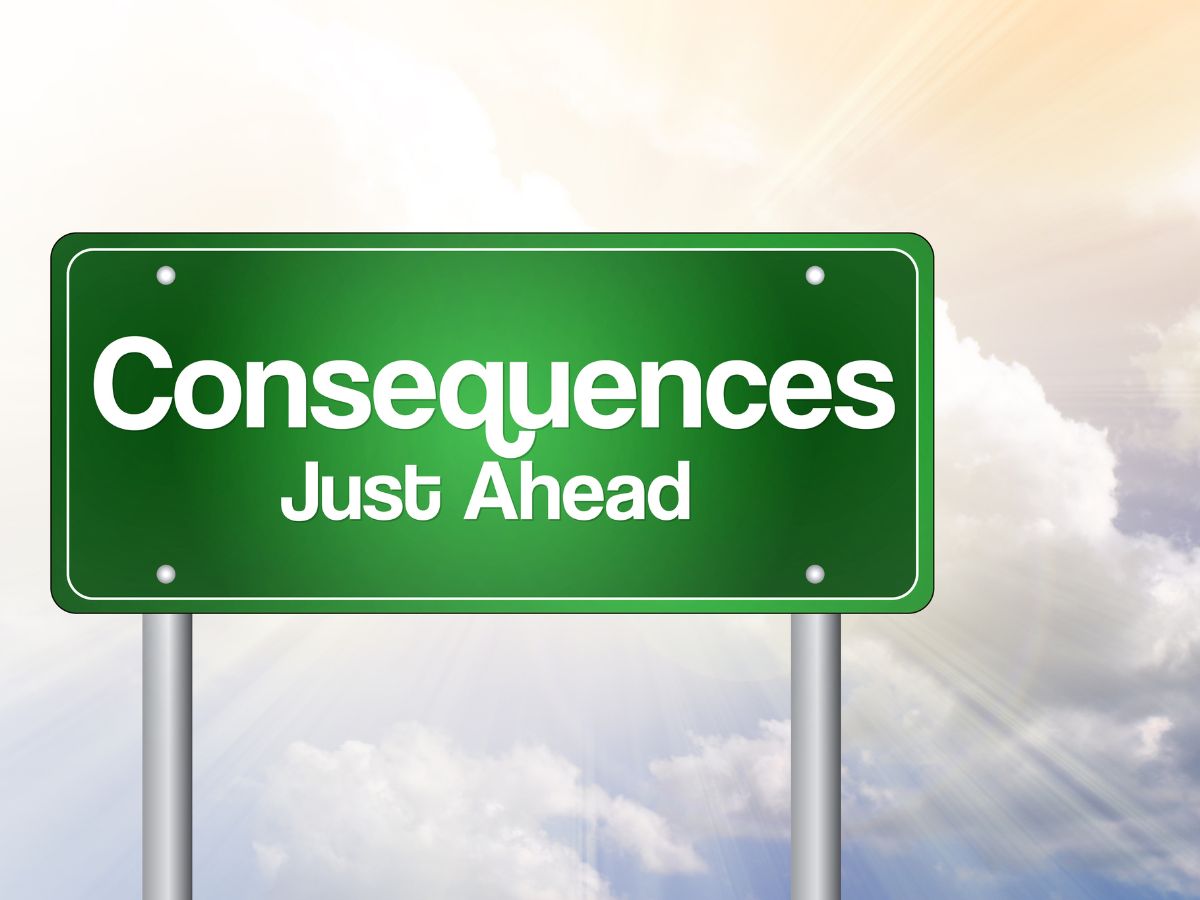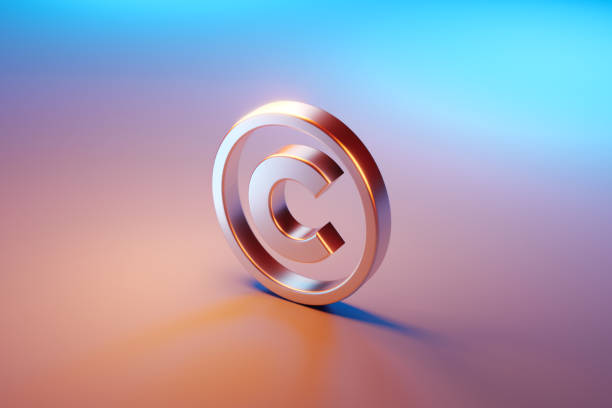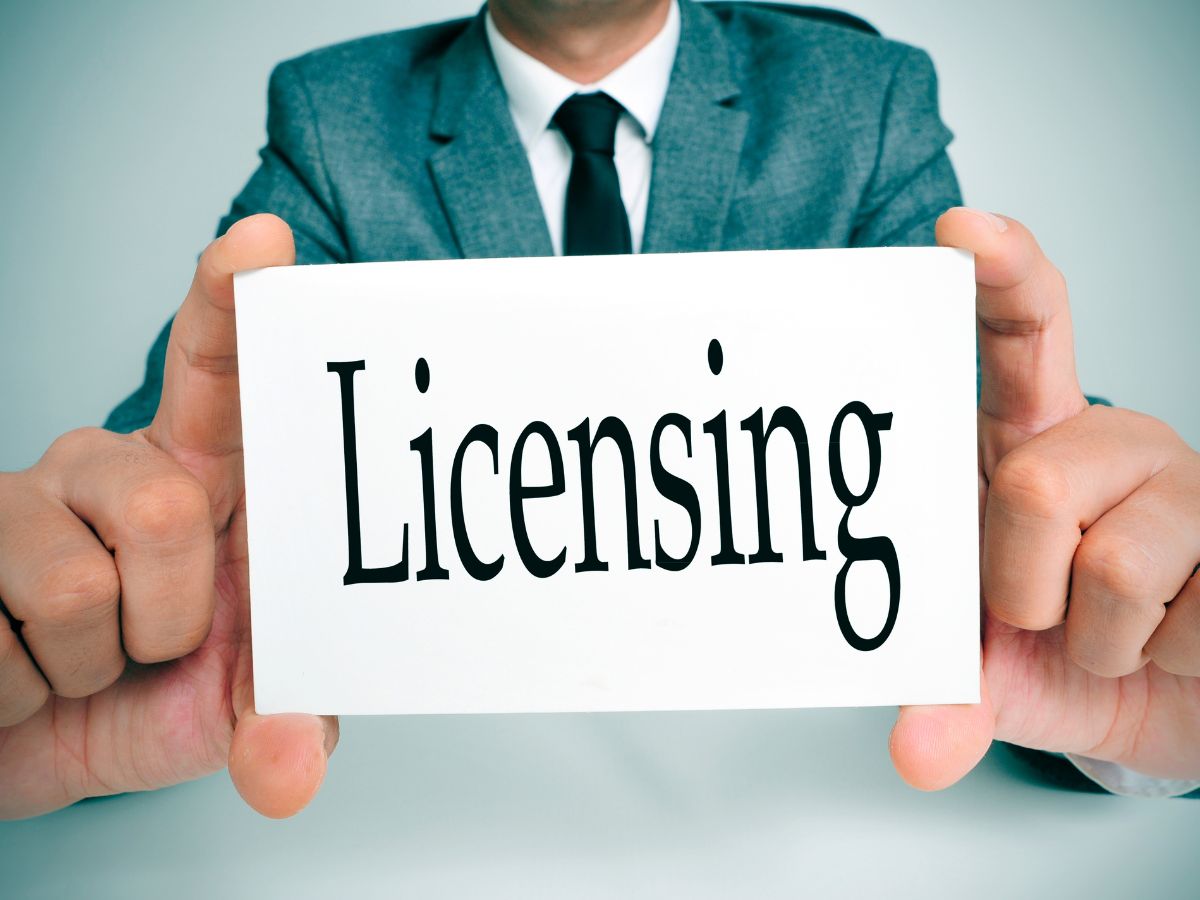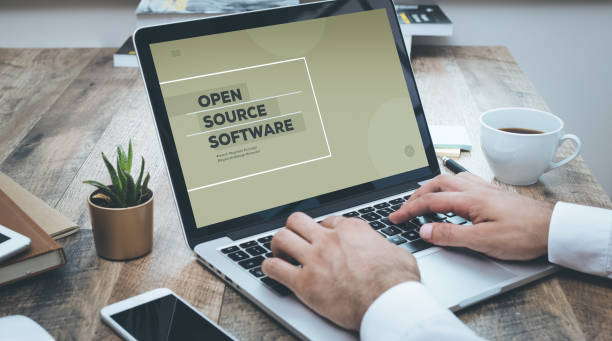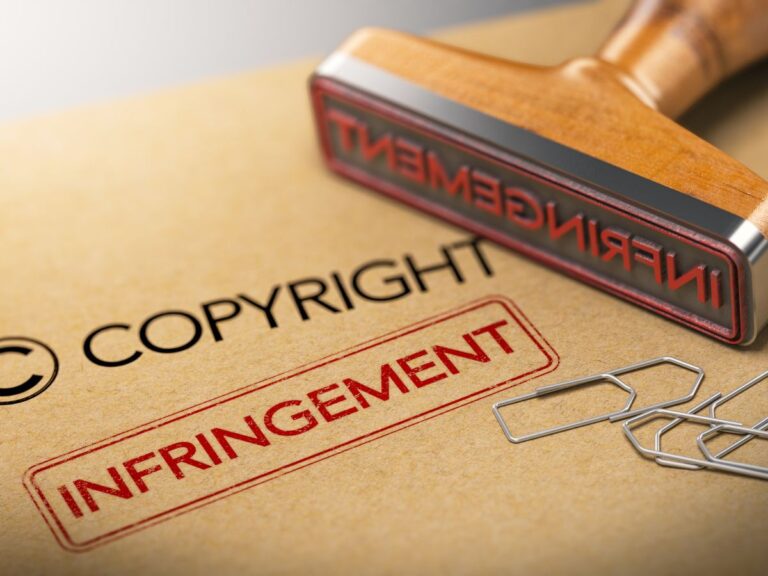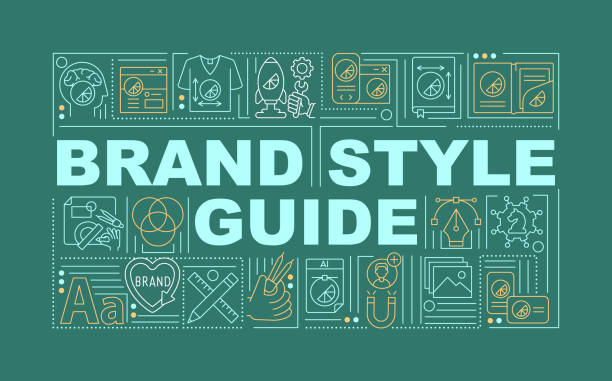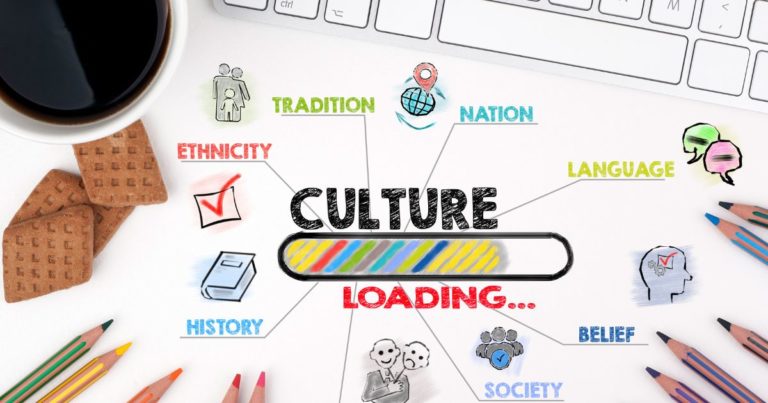The risks of failing to protect your brand’s IP
Intellectual property is something that many companies take for granted. They don’t think about how important it is to protect their brand until someone else uses it or takes credit for their work. The truth is that intellectual property can be critical to the success of any business, even small ones. It’s not just a matter of protecting your ideas from competitors; there are other potential consequences if you don’t adequately protect your brand’s intellectual property (IP). This article will discuss some of those possible consequences, including how they might affect your company’s bottom line:
Table of Contents
Competitors may use the same brand
The most common and immediate consequence of failing to protect your brand’s intellectual property is that competitors may use the same brand name, causing confusion among customers. This can lead to a negative experience for your customer base and cost you business.
Competitors could also use similar branding tactics as yours in order to steal away customers from you, creating a loss of revenue for both companies. In addition, competitors could use similar branding tactics as yours in order to take business away from your company by exploiting weaknesses they see in how you operate or handle customer service issues related to poor-quality products or services.
Lose customers due to confusion about the origin
You may lose customers through confusion about your product’s origin.
Customers may be confused as to whether your product is authentic, safe, or from a legitimate source.
You may incur the costs of potential litigation

If a third party uses your brand’s intellectual property without your permission, it’s possible that you’ll be forced to incur the costs of potential litigation.
This means that you may have to pay legal fees and damages to your brand if the issue goes all the way through trial. In addition, if you choose to take legal action against an infringer (or “infringement”), they may counter-sue in return-and they could also seek reimbursement for their own legal fees related to defending themselves against your charges.
Loss of revenue
If your competitor’s brand is similar to yours, it could cause confusion among consumers. They may buy from the wrong company, or they may be turned off by the brand because they don’t know which one to trust. Either way, this can lead to lost revenue for you and your business.
Litigation costs
You might have to go through a lengthy legal battle with your competitors if they don’t stop using similar logos or other trademarks that belong to you—and these costs can be quite high! In addition, if you lose in court and have been found guilty of infringement on another party’s intellectual property rights (IPRs), it will be considered as fraud against the public interest. It could ruin your company’s reputation forever.
Protect brand, avoid generic term status
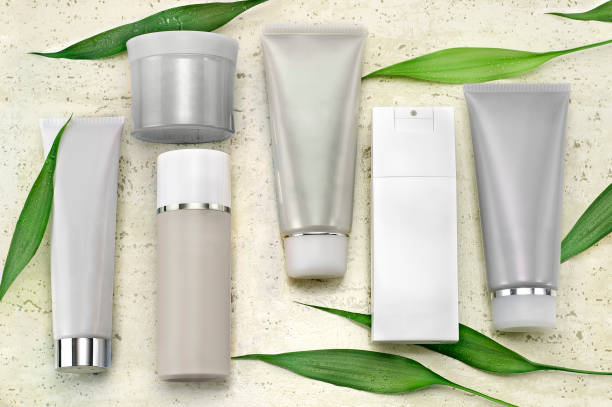
If you don’t secure your brand, someone else might. To protect yourself against this possibility, register your trademark with the United States Patent and Trademark Office (USPTO). This can be done by filing an application and paying a fee of $325 per class of goods or services that you want to protect. You’ll also need to submit evidence that the mark is in use before being granted registration.
Once you have registered your mark with the USPTO, it becomes a “protected” mark that gives you exclusive rights over its use for as long as it’s registered in good standing (e.g., no claims against validity or non-infringement).
If anyone else tries to use your brand without permission from its owner/licensor (i.e., yourself), they will be subject to legal action on behalf of both parties involved: yours and theirs!
If someone does try using one of these generic terms without proper authorization from their rightful owner/licensor-and if the said company doesn’t take action quickly enough-then there’s a good chance that many others will follow suit due simply because they see how successful other brands were at doing so before them (without any repercussions).
In turn, this could eventually result in all consumers associating those trademarks with specific types of products rather than associating them specifically with one company’s offerings alone.
Final Thoughts
We hope this article has given you some food for thought about the importance of protecting your brand. There are many ways to go about it, but we think having a strong understanding of what your brand means and how it can be protected is the first step.

